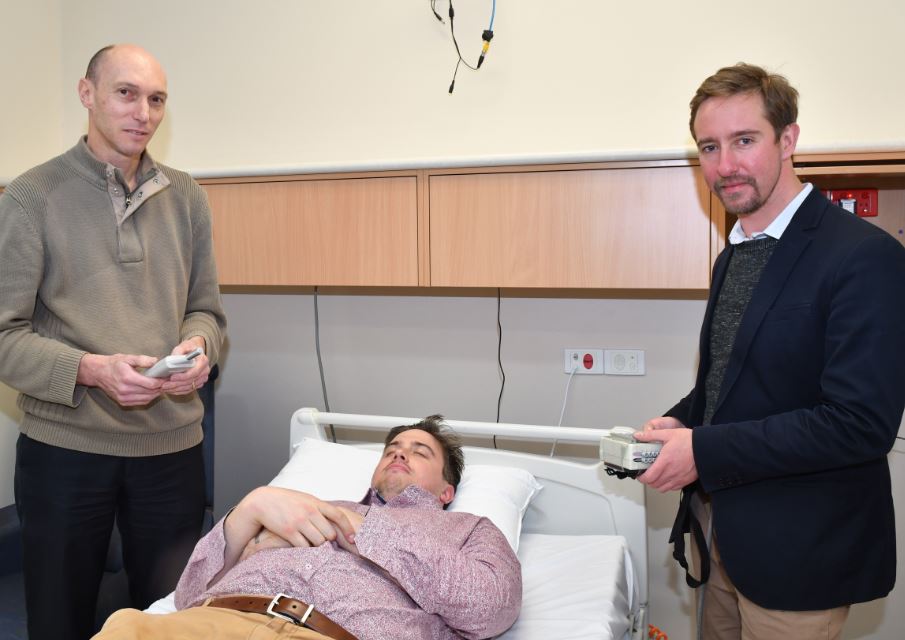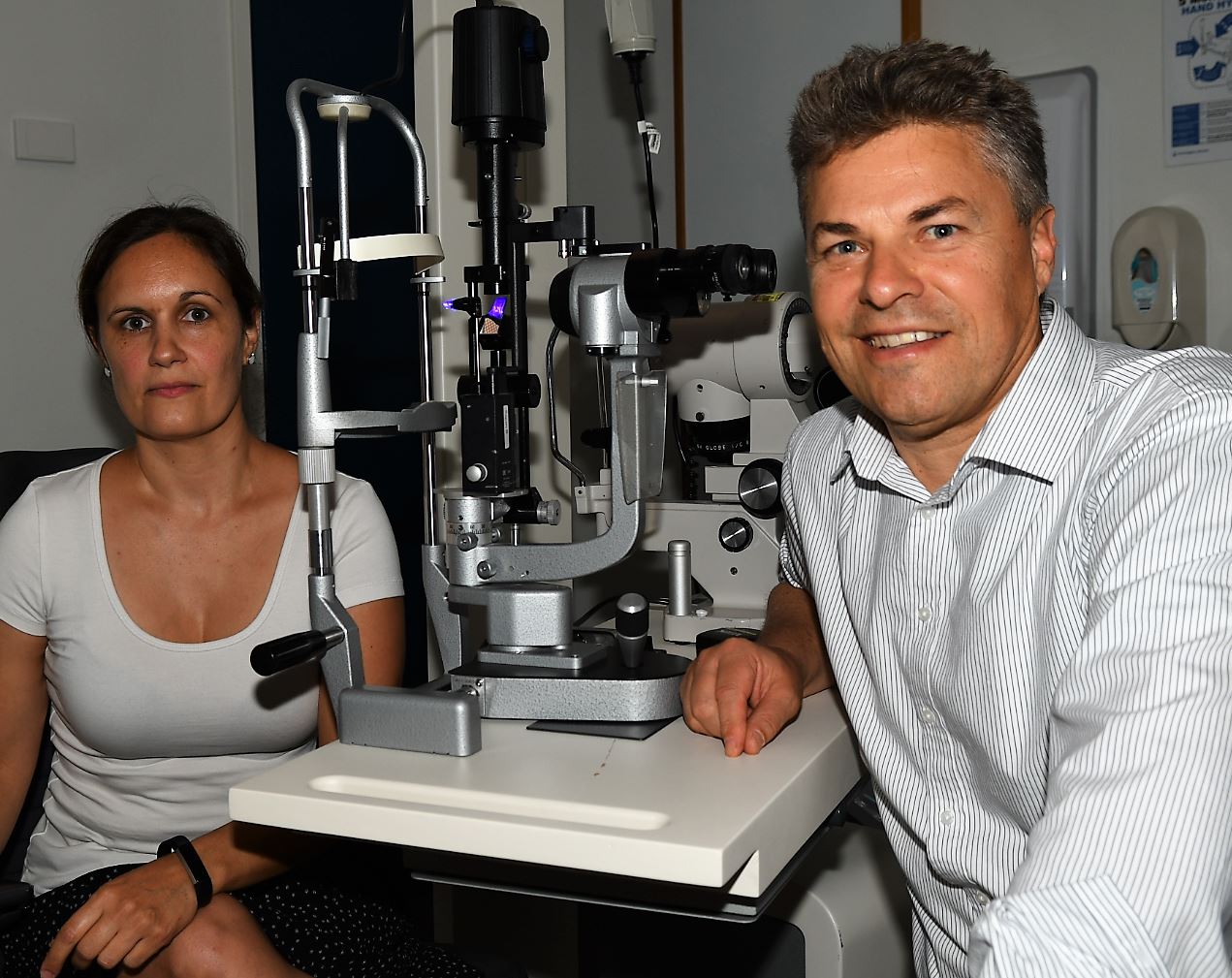
Increasing levels of poor sleep and sleep disorders affects at least one in five Australians, leading to an estimated $66 billion a year in lost productivity and accidents.
Now Flinders University researchers are looking into making diagnosis and treatment for common sleep disorders more accessible and affordable.
The four-year study, funded by a new National Health and Medical Research Council (NHMRC) Career Development fellowship, will develop a simple-to-use clinical system to screen patients for obstructive sleep apnoea (OSA).
OSA is currently tested in a sleep lab or hospital at considerable cost to both the individual and health system.
“We will focus on finding a better way to screen and treat individual sleep disorder patients, including with a comprehensive on-line sleep health management system for delivering more mobile and affordable sleep health services,” says lead researcher Dr Andrew Vakulin, from the Adelaide Institute for Sleep Health at Flinders University.
“The current tests for OSA are ‘one size fits all’ and conducted by specialists. They are expensive and no longer appropriate for the general screening, diagnosis and therapy of sleep disorders which are becoming a huge burden on healthcare.
“While tests tailored for individual patient symptoms is a big challenge for sleep medicine, we are seeking better clinical tools to roll out improved diagnosis and treatment across the community.”
Dr Vakulin is also project leader (sleep disorders) at the CRC for Alertness, Safety and Productivity, and a postdoctoral research fellow with NeuroSleep, the NHMRC Centre for Research Excellence.
2019 NHMRC RD Wright Biomedical Career Development Fellowship recipient Dr Vakulin is one of three Flinders University research leaders to collectively receive more than $1.6 million in Australian Government research grants.

The NHMRC recently also announced fellowships to improve testing and outcomes for other serious medical conditions – glaucoma and gut health.
A new $585,270 practitioner fellowship for Flinders University Distinguished Professor Jamie Craig will expand his global research into the molecular determinants of advanced glaucoma.
The Australian and New Zealand Registry of Advanced Glaucoma has more than 2500 DNA samples from individuals with glaucoma blindness which already has helped the research group identify 100 glaucoma genetic loci associated with glaucoma blindness.
The new five-year clinical study of glaucoma ‘suspects’ will incorporate the genetic data into a predictive progression model.
Up to 2000 people will be involved in the largest glaucoma progression study in the world as part of the ‘Predicting Risk of Glaucoma; Relevant SNPs with Strong Association’ (or ‘PROGRESSA’) study.
As well, SAHMRI and Flinders University Matthew Flinders Fellow Professor Geraint Rogers was awarded a $649,175 research fellowship to investigate host microbiome interactions, seeking a ‘mechanistic understanding for translation benefit.’
Professor Rogers is a molecular microbiologist and microbial ecologist. He is director of microbiome research at SAHMRI and leads a laboratory at the Flinders University College of Medicine and Public Health. His research focuses on the contribution of human-associated microbiota to health and disease.


